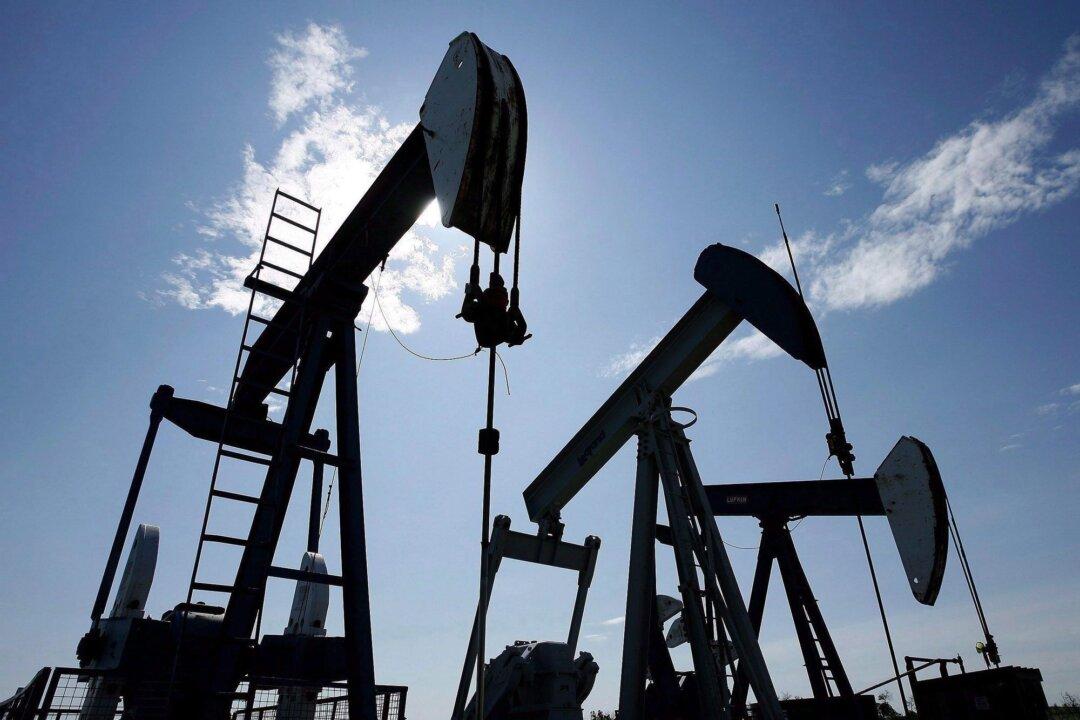WASHINGTON—Democratic presidential candidate Bernie Sanders calls climate change the greatest threat to national security. Front-runner Hillary Rodham Clinton promises to install more than 500 million solar panels across the country.
On the Republican side, Jeb Bush would phase out tax credits for solar power. Rival Marco Rubio wants to cut the federal gas tax by 80 percent.
They’re among the stark differences between the two parties on energy and environment issues that underscore the sky-high stakes for both sides of the debate in the 2016 presidential race.
After President Barack Obama’s two terms, business and environmental groups see a game-changing election. Many environmental groups and Democrats fear a potential rollback of the Obama administration’s policies on climate change and renewable energy under a Republican president. Business groups and Republicans are eager to boost oil and gas production following years of frustration with Obama.
“At the end of the day, there’s a clear choice for all” of the candidates, said Tom Pyle of the pro-business American Energy Alliance. “Either continue the Obama administration’s anti-energy agenda or chart a new course that promotes affordable and reliable energy for all Americans.”
“Everywhere you look, from New York’s Wall Street to Iowa’s Main Street, voters are ready for real climate action and the clean energy revolution,” countered Khalid Pitts of the Sierra Club, “except if you are a Republican running for president.”
Some of the issues dividing the candidates in the presidential election:
Climate Change
Obama heads to Paris on Sunday for an international climate conference, and Republicans are united in opposition to a possible pact and the president’s plan to cut greenhouse gas emissions from U.S. power plants.
Texas Sen. Ted Cruz and GOP presidential front-runner Donald Trump are among several Republican candidates who reject mainstream climate science. Ben Carson calls himself a “climate science questioner” and says “the temperature of the earth is always fluctuating.”
Bush said at a New Hampshire town hall last month that he thinks the climate is changing and that “humans have some say in it for sure.” But, he added, “What I don’t want to do is destroy the American economy as the solution.”
Rubio asserted at a recent GOP debate that “America is not a planet” and said that when it comes to global warming, he was “not going to destroy our economy the way the left-wing government we are under now wants to do.”





